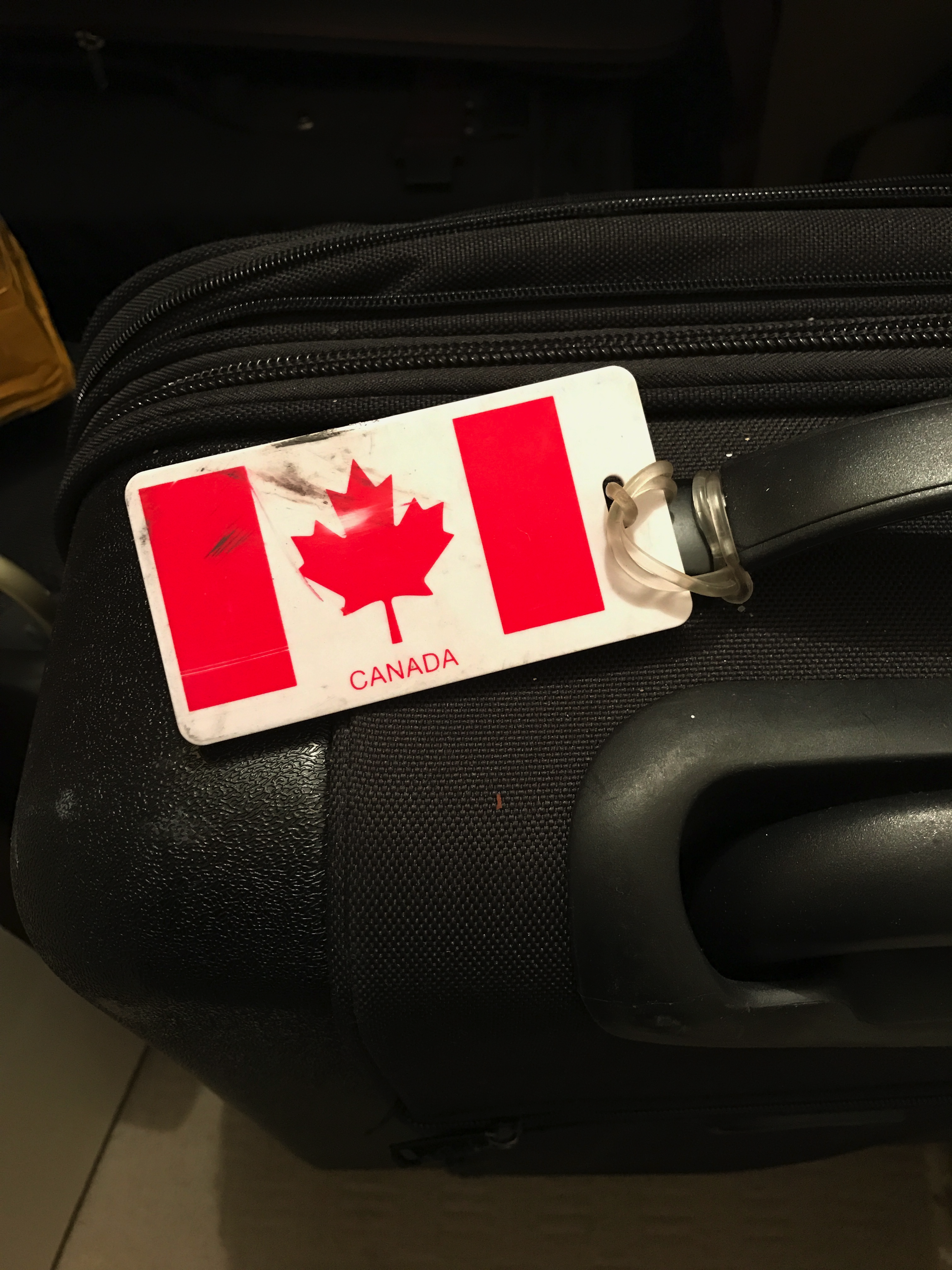September 13, 2017
Re-Thinking Canada’s Trade Relations – Miller
By Eric Miller

Navigating periods of change is always challenging. For governments faced with radical shifts in global economic and political arrangements, advancing the interests and prosperity of their people is all the more complex.
While it is still early days, the Trump Administration appears to be ushering to an end the American-led post-World War II international order. Canada, like many countries, has benefited from the U.S.-led economic and security umbrella. Much as Minister Freeland established some parameters for navigating a “post-American world” in her June foreign policy speech, so must Canada now delineate trade policy for this new era.
NAFTA and America
The first challenge is the current NAFTA negotiations.
Regardless of who sits in the White House, the United States will remain Canada’s most important export market for many years to come. Barring severe policy disincentives to the contrary, neighbors tend to trade a lot with each other. In the case of the United States, nothing, not even gridlock or policy oscillations seems likely to supersede the dynamic effects of geographic proximity. America is a vast, wealthy market to which Canadians can travel easily, understand culturally and ship goods seamlessly.
While the United States market will remain indispensable, the continued existence of NAFTA, the framework that sets the rules of our trade relationship is by no means assured. The loss of NAFTA would be a tragedy for Canadians, Americans and Mexicans and would severely depress trade among the three countries. Moreover, there is no guarantee that the Canada-U.S. Free Trade Agreement will be brought back to life if NAFTA collapses.
It is clear that a robust free trade agreement with the United States should provide a long-term benefit to Canada. That said the Government must be creative and diligent in seeking the best possible deal that reflects interests of its citizens. Ottawa has done all it can to prepare and is very motivated; yet, we must recognize that there are limits to compromise. No country can go into a negotiation without being willing to walk away if the demands of the other parties are unworkable. In the end, it must be remembered that Canada would retain access to the United States and Mexico under the World Trade Organization framework. A successful NAFTA should benefit all signatories, but the absence of it would not signal the demise of North American trade integration.
Diversification Imperative
The current and unexpected shifts in the North America trading framework has highlighted the need for Canada to diversify its trading partners. In the past, the most serious efforts to do this, from the Third Option on down have failed. Living next to a market that accounted for a third of global output as recently as 1985 meant that Canada could grow wealthy without engaging much beyond North America.
Over the last 20 years, the situation has changed. The U.S. now accounts for less than 25% of global output. It is also trading a lot more with the rest of the world. This means that Canada must both engage more commercially with the growing parts of the world and up its game in the hyper competitive U.S. market. In short, diversifying Canada’s trade is now truly urgent.
The fastest growing countries in the world are mainly in Asia. In visits to the region, one readily sees that Canada has a positive image, albeit one without much substance around it. Yet, there is at least a foundation that can be built upon.
Take, for example, agri-food. Canada is seen as having high-quality food in a region perpetually desirous of food safety. By learning local tastes and seriously investing in market development, Canada could measurably increase its presence in key countries. In Vietnam, for example, Canada’s cousins run an annual month-long “Taste of Australia” festival throughout the country. As they move into the global middle class, Vietnamese consumers will already have Australian brand preferences.
Then there is Japan, which intimately connects its overseas development assistance with its commercial interests. Every traffic light in Yangon, Myanmar, for example, was donated by Japan. These were designed in Japan by Japanese companies and installed with Japanese equipment by Japanese engineers. These contracts give the Japanese companies the experience and scale needed to compete globally. There is no reason why Canada and its firms cannot do well by doing good.
China is a conundrum. It is a massive market that appears to be becoming less accessible by the day. Its “Made in China 2025” strategy makes it clear that Beijing intends to steadily displace foreigners in key market segments. This is consistent with the forced localization strategies imposed on investors for the past 25 years. WTO accession agreements did not make China a contestable market. There is no reason to believe that a classical free trade agreement with Canada would do so either. Canada needs to engage with Beijing, but must urgently figure out how best to do so. Perhaps Ottawa should appoint an advisory council of globally experienced Canadians to help to devise a strategic plan.
Go Deep
The NAFTA re-negotiation has forced Canada to up its game in the United States. Regardless of what happens in the NAFTA talks, Canada’s massive presence throughout the country matters greatly for both commercial and political reasons. The complexity of the Trump era will pose constant challenges that are best addressed locally. Long-term investments in consulates from Denver to Detroit deliver substantial value for Canadians.
The mantra of one wise Canadian diplomat is “you have to be there”. That is true in both Asia and America. The key question now, of course, is what exactly is Canada “doing there?” Canadians are coming to learn that in this new age, the answer may change constantly.
Eric Miller is President of Rideau Potomac Strategy Group and a Fellow at the Canadian Global Affairs Institute.



